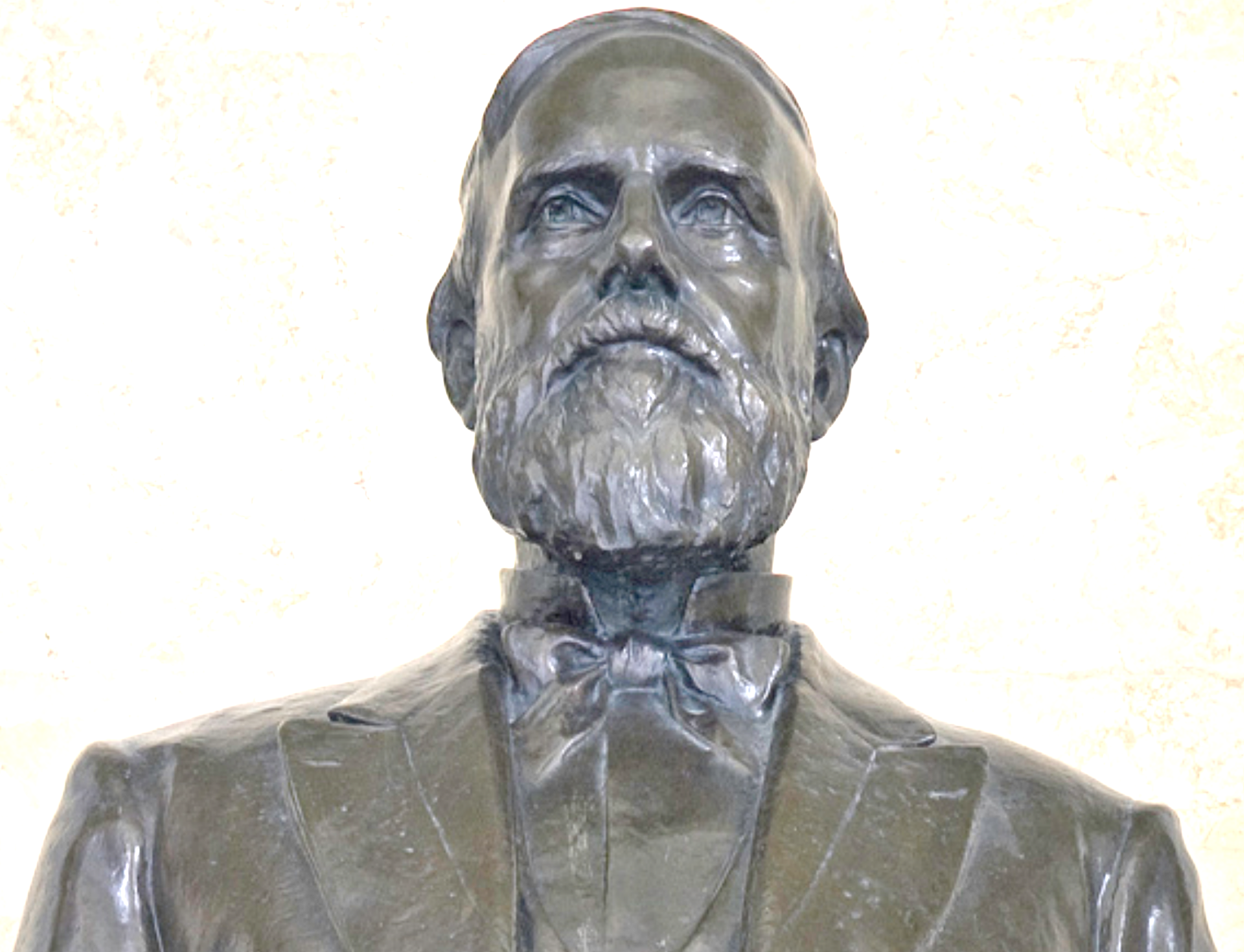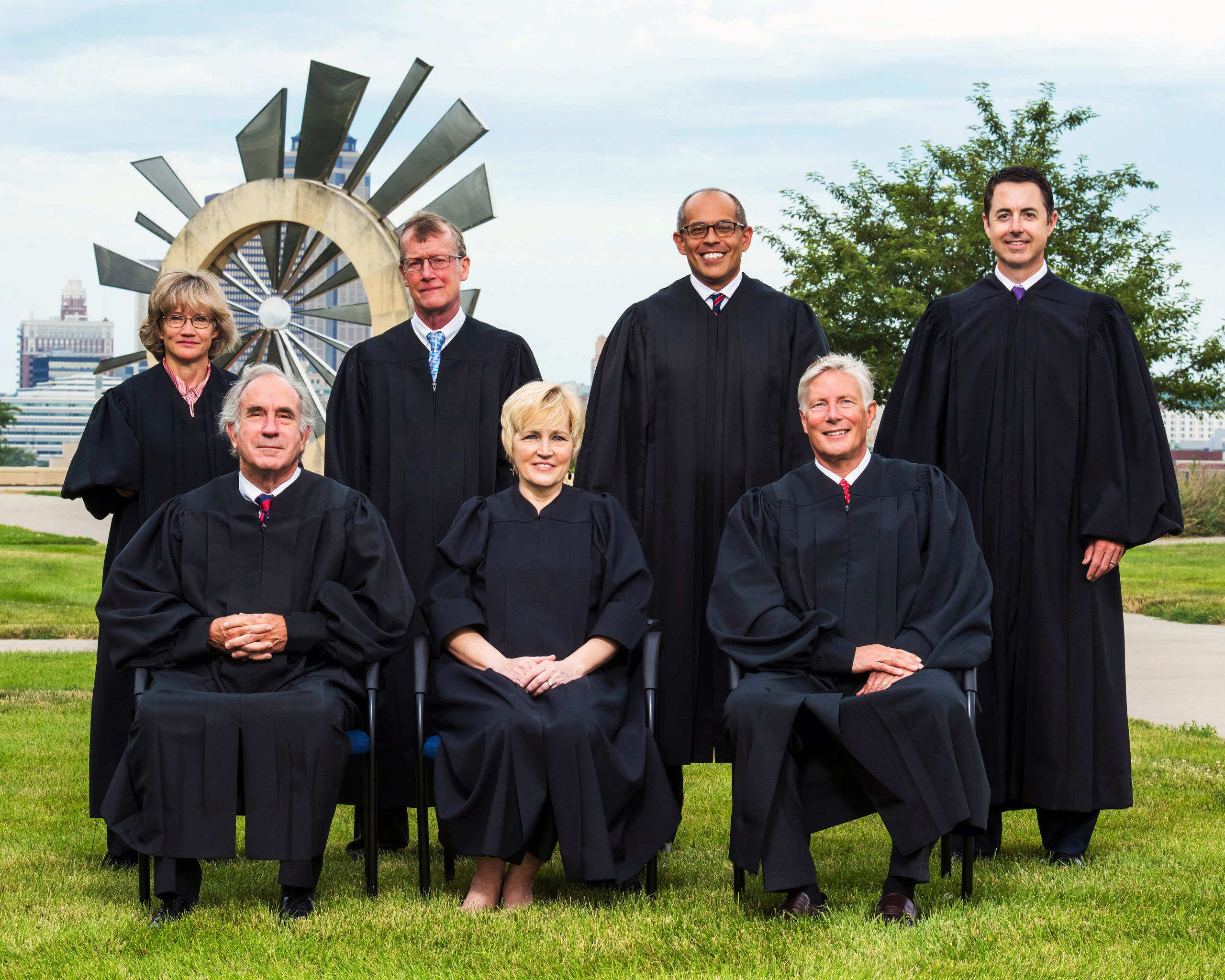Herb Strentz: The essence of copy editing was not catching errors in spelling or grammar, but making the news more understandable.
When writing posts for Bleeding Heartland, I’ve learned that if you don’t have a good way to introduce a topic, you can find someone who does.
This commentary is about how much we’ve lost as many newspapers have all but eliminated copy editors—people who helped reporters provide the answers and clarity you expect to find in news stories, and saved them from publishing work that raised questions and confusion.
How to sum it up? Consider Michael Gartner’s recollection from when he had just begun working at the Wall Street Journal. (This was some fifteen years before he became editor of the Des Moines Register and Tribune; later he was president of NBC News and won the 1997 Pulitzer Prize for editorial writing as an owner and editor of the Ames Tribune.)
He recalled: “The setting is early July 1960 in the newsroom of the Wall Street Journal:
Continue Reading...



















